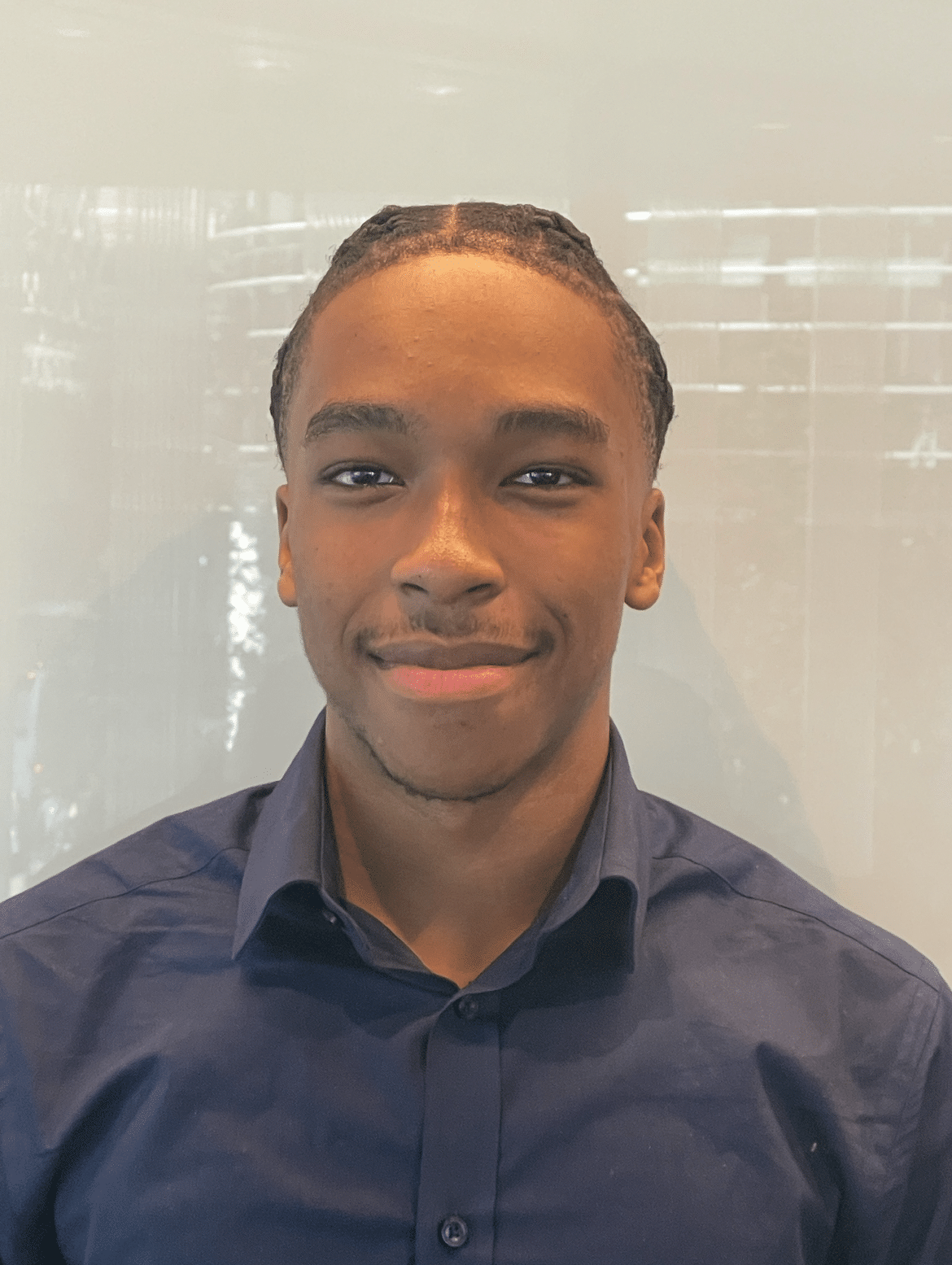
Apprenticeship Summer School , 2023
Chibi Ajero
Apprentice, Bloomberg
Chibi took part in the Apprenticeship Summer School in 2023 at the University of Warwick where he explored different pathways to law,...“My family are originally from Bangladesh. My father moved to the UK in the sixties and, like lots of immigrants, settled in a Northern ‘mill town’. I was born and raised in Burnley, Lancashire, a working-class area that was, and unfortunately still remains, economically struggling. I went to a fairly typical state school, where I remember a teacher saying that a successful day was a day without a fight.”
“Spending a week studying Economics in Cambridge was like going to Mars. It was a completely different environment to any I’d experienced before, but as the other participants were from similar backgrounds, we could relate to each other. The university staff were genuine and keen to get involved; coming from a school where teaching was a compromise, just trying to get to the end of the day without any trouble, meeting passionate lecturers who created two-way discussions was a fantastic experience.
People can often impose barriers on themselves because of their disadvantaged backgrounds, but going to that Sutton Trust Summer School made me think, “why can’t I apply to somewhere like Oxford or Cambridge?”. As I was doing these lectures and workshops, the lecturers and volunteers told me that I was good enough and that I had the potential to study there. It was very empowering to hear. I was doing well at college but I was explicitly discouraged by peers. For someone like me, I was told that getting a job at an office was good enough. As long as I wore a tie to work and avoided “blue collar” jobs such as stacking shelves in a supermarket, that was good enough. The staff at the summer school made me realise that the sky is the limit.”
“I loved everything about Cambridge, so I went on to do my Economics degree at Cambridge.
Post-university, I took a gap year to travel and then joined the US investment bank Lehman Brothers as an equity research analyst. I was at Lehman for three years before the Financial Crisis hit and we had to file for bankruptcy. Nomura, a Japanese company, bought the company and overnight there was this massive switch in culture and how things were done in the firm given the differences in American and Japanese business practice. It was a steep learning curve, but working in the City at this time and being part of this change meant I had a front-row seat to this difficult historical event. I carried on working there after Nomura took over, but the overall outlook for the financial sector in London was quite gloomy.
Around that time, I was contacted out of the blue by a headhunter and that was what led me to the Middle East. I only planned to stay there a year or two, but in the end I stayed in Saudi for ten years – first building a research team for a local investment firm which were looking to do a joint venture with Goldman Sachs and then setting up an investment team for the Saudi Pension Fund. By the summer of 2019, I’d been married for ten years and had three children, so I decided to move back home to the UK to be closer to my wider family. I’m now working at an investment firm specialising in Middle Eastern and African investments, splitting my time between Manchester and London.”
“From a career perspective, I’m very happy with where I am right now and doing what I love. Outside of work, one of the reasons I wanted to move back from the Middle East is that volunteering as a concept doesn’t really exist there and I want to give back and help causes that are important to me. So I’m actively trying to get involved and work on a few initiatives locally in Manchester and in London and the Sutton Trust is one such cause which I hope to be able to work with.”
“Be ambitious! Once I did my Sutton Trust Summer School and subsequently graduated from Cambridge, I thought I’d reached way beyond my expectations and that I could then relax. I was wrong. Things like Summer Schools open doors for you, but you have to keep pushing yourself throughout life. Push yourself to achieve your ambitions and potential and embrace the fact that failing at things is a part of this. So what if you set up a business and it doesn’t work? So what if you apply for something and you get rejected? All it means is you have the chance to learn from your mistakes and increase your probability of success the next time you try. Only when you start failing some things do you know you’re pushing yourself and moving into unchartered territory… That’s where the real adventure begins.”
You can share your story by getting touch and emailing [email protected]
Browse our library of alumni stories